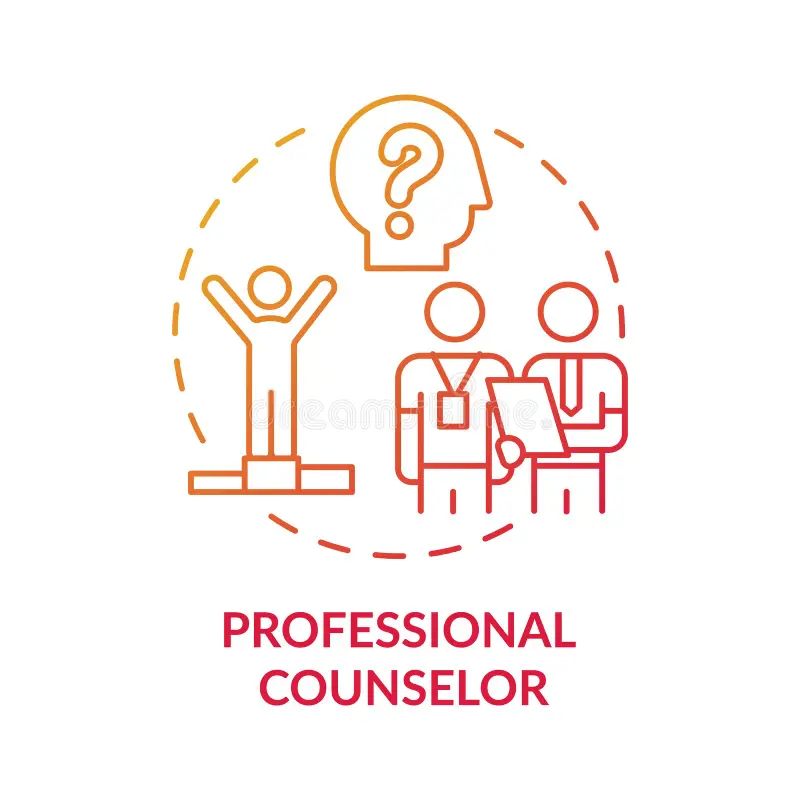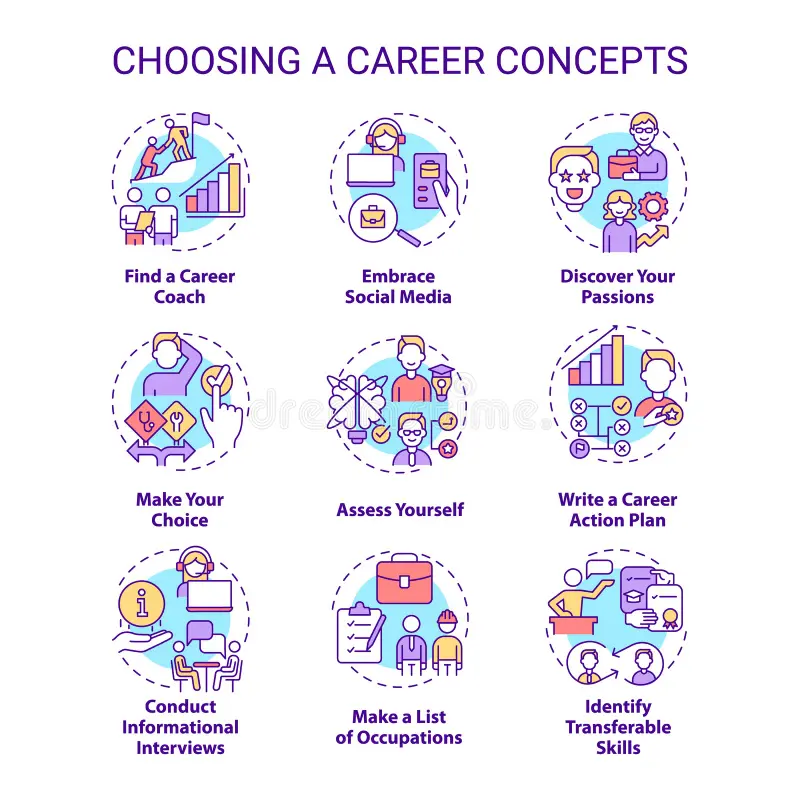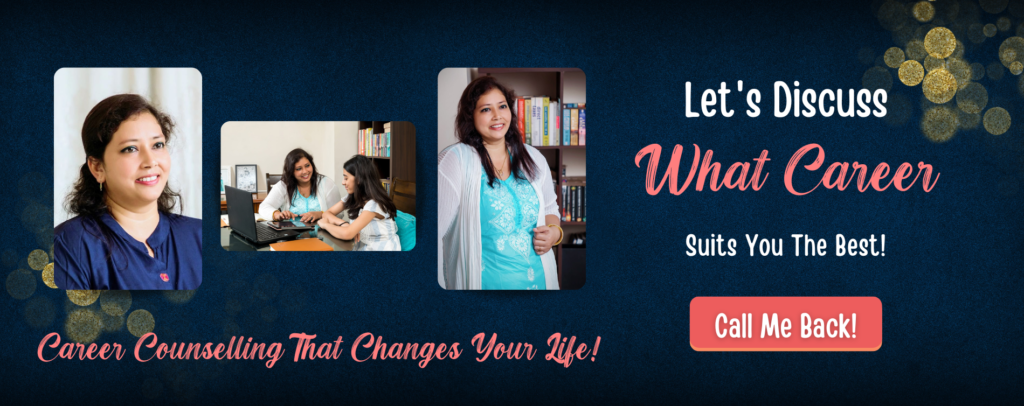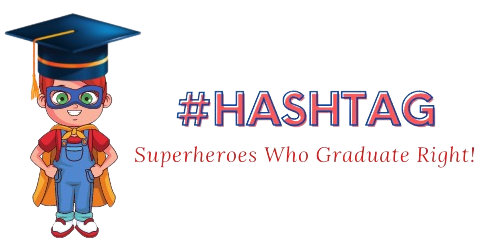
In today’s fast-paced world, career counseling is important and achieving a harmonious work-life blend has become a paramount goal for many. The traditional 9-to-5 work structure no longer defines the boundaries of our professional and personal lives. Instead, individuals are seeking ways to create a fulfilling work-life blend, and career counseling has emerged as a valuable tool in this pursuit.
In this article, we’ll explore the concept of work-life blending, understand the role of career counseling in achieving it, and provide insights on how to make this transformative shift in your life.

Career Counseling Paradox: The Shift from Work-Life Balance to Work-Life Blend
The concept of work-life balance has been the gold standard for decades. It suggests that work and personal life should be separated like two perfectly balanced scales. However, the rigidity of this concept often leaves individuals feeling torn between their professional responsibilities and personal aspirations.
Work-life blending, on the other hand, is about integrating your work and personal life in a way that creates a seamless, harmonious existence. It acknowledges that life is not confined to specific time slots and embraces the idea that work can be a part of your life rather than something separate from it.
The Benefits of a Work-Life Blend With Career Counseling
Creating a work-life blend offers numerous benefits, such as increased happiness, reduced stress, and improved overall well-being. Some advantages include:
Enhanced job satisfaction: When you enjoy your work and it aligns with your personal values, you’re more likely to be content and satisfied with your career.
Reduced stress and burnout: Integrating work and life in a balanced manner can help prevent burnout and reduce stress levels.
Improved relationships: A work-life blend allows you to invest time in nurturing personal relationships, leading to healthier connections with family and friends.
Increased productivity: Achieving a work-life blend often leads to increased productivity at work, as you’re more motivated and focused when your personal life is in harmony.
The Role of Career Counseling in Achieving a Work-Life Blend
Career counseling plays a pivotal role in helping individuals navigate the complex journey of creating a fulfilling work-life blend. Here’s how it can assist:
a. Self-Discovery
Career counselors help you identify your strengths, values, and interests. They guide you in understanding your true passion and what makes you happy. This self-discovery is essential for finding a career that aligns with your personal life goals.
b. Goal Setting
Once you have a clear understanding of your values and aspirations, career counselors assist you in setting realistic and achievable goals. These goals can include both professional milestones and personal objectives.
c. Work-Life Integration Strategies
Career counselors provide strategies for integrating your career into your life seamlessly. They offer advice on time management, setting boundaries, and finding flexible work options that suit your lifestyle.
d. Overcoming Obstacles
In the pursuit of a work-life blend, obstacles may arise. Career counselors help you identify and overcome these challenges, providing support and guidance as you navigate your unique path.

Read More on Related Topics (Career Counseling)
Remote Work Revolution: How to Achieve Work-Life Integration: Explore the world of remote work and how it can be a game-changer in your quest for a work-life blend.
The Power of Mindfulness in Work-Life Blending: Discover how mindfulness practices can help you stay present and engaged, both at work and in your personal life.
Digital Age Admist Achieving Work-Life Balance: Learn effective time management strategies that can help you create a more harmonious work-life blend.
Role of Career Counseling in Work-Life Blend: (Career Counseling)
1. Assessing Personal and Professional Goals:
- Career counselors help clients clarify their professional ambitions and personal priorities. Understanding what truly matters allows for a tailored approach to integrating work and life.
2. Identifying Strengths and Weaknesses:
- Counselors assist in identifying strengths and weaknesses in managing work-life dynamics. This includes recognizing areas where clients excel and where they might need support or development.
3. Developing Time Management and Organizational Skills:
- Effective work-life blend requires strong time management and organizational skills. Career counselors provide tools and strategies to help clients prioritize tasks and manage their schedules efficiently.
4. Navigating Career Transitions:
- During career transitions, such as changing jobs or advancing within a company, counselors guide clients in maintaining a work-life blend. They offer support in negotiating flexible work arrangements or finding roles that align with personal values and lifestyle needs.
5. Enhancing Communication Skills:
- Open and effective communication with employers, colleagues, and family is crucial. Career counselors coach clients on how to articulate their needs and boundaries to achieve a supportive work environment.
6. Leveraging Technology for Flexibility:
- With the rise of remote work and digital tools, counselors advise on leveraging technology to create a flexible work setup. They help clients adopt practices that enable productivity while accommodating personal commitments.
7. Promoting Self-Care and Well-being:
- Career counselors emphasize the importance of self-care and mental health. They encourage practices that support physical and emotional well-being, crucial for sustaining a work-life blend.
8. Building Resilience and Adaptability:
- In a dynamic work environment, resilience and adaptability are key. Counselors equip clients with strategies to cope with change and uncertainty, ensuring they can maintain their work-life blend under varying circumstances.
Steps to Achieve a Fulfilling Work-Life Blend
Now that we understand the benefits and the role of career counseling in achieving a work-life blend, let’s look at some steps to get you started:
a. Self-Reflection
Take time to reflect on your values, goals, and interests. What truly matters to you in your professional and personal life?
b. Seek Career Counseling
Consider enlisting the help of a qualified career counselor. They can provide valuable insights and guidance tailored to your individual needs.
c. Set Clear Goals
Define both your career and personal goals. Having a clear vision of what you want to achieve is crucial in creating a successful work-life blend.
d. Create Boundaries
Establish clear boundaries between work and personal life. This might include setting designated work hours and respecting personal time.
e. Embrace Flexibility
Explore flexible work options, such as remote work or flexible scheduling, to better align your career with your personal life.
f. Regularly Evaluate and Adjust
Your work-life blend is a dynamic process. Regularly evaluate your situation and be prepared to adjust as circumstances change.

Conclusion
Creating a fulfilling work-life blend is no longer an elusive dream but a tangible reality. It begins with a shift in mindset from work-life balance to work-life blending and is empowered by the guidance of career counseling. By embracing this approach, you can experience increased happiness, reduced stress, and a more satisfying, well-rounded life.
So, take the first step on this transformative journey and craft a life that harmonizes your career and personal aspirations. Your work-life blend awaits, and it’s time to make it your own.
Whether you’re contemplating a job change, considering a career shift, or seeking guidance after completing your 12th grade, Hashtag Counseling is your ultimate one-stop solution.
Start your journey today, embrace the opportunities of a job change, and unlock your potential for a brighter career future. Your success begins with the guidance and support you receive.











